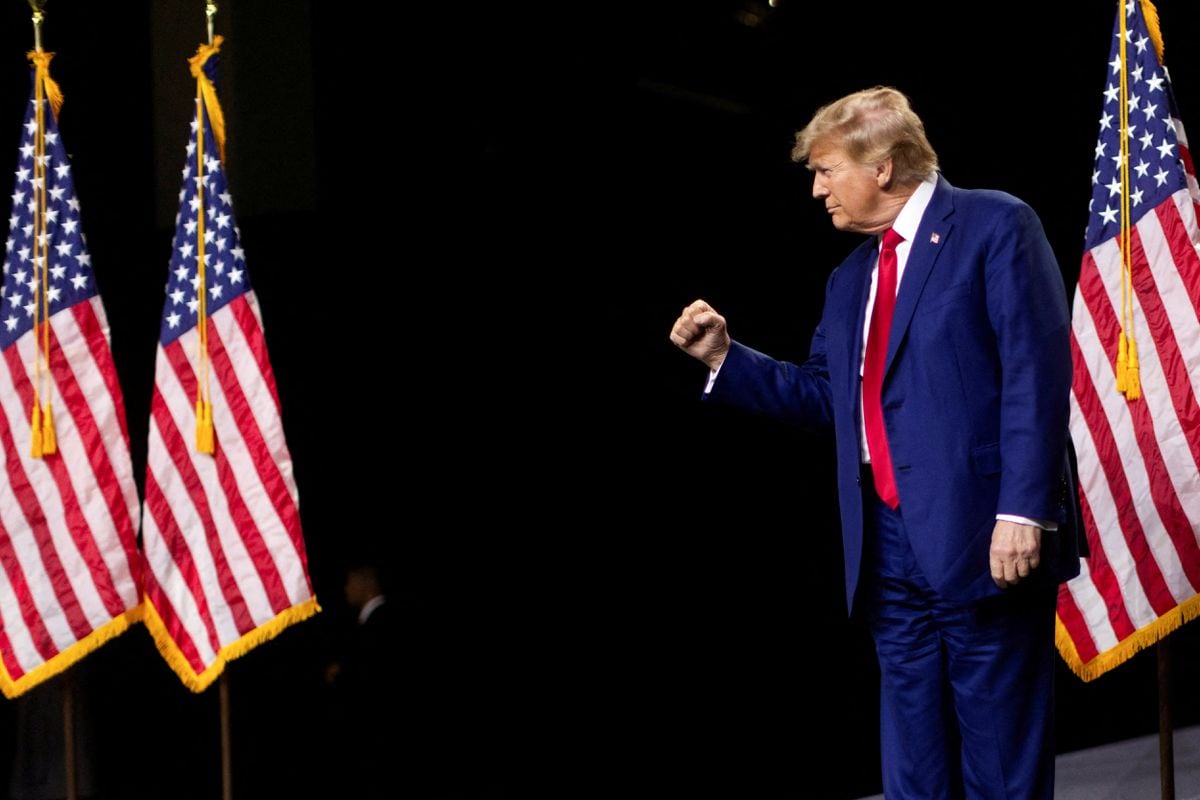In a surprising and almost unprecedented decision that could define the future of the United States, the Colorado Supreme Court ruled Tuesday that it will not allow Donald Trump to run in the presidential primary in that western state. The ruling upholds the legal theory that the then-Republican president's participation in the events leading up to the Jan. 6, 2021, attack on the Capitol is enough to disqualify him as a candidate.
The Constitution does not prohibit a person under investigation for a federal crime from being president; Nor does he aspire to it, although, as is the case, he faces 94 charges in four different cases, for his alleged involvement in the attack on the Capitol, for electoral crimes and for his handling of classified papers. There is not even such a proviso in the basic text if he ends up in prison.
But the Fourteenth Amendment does provide an exception in its third section, known as the "disqualification clause," which says: "No person shall be . . . President . . . if, having previously taken an oath in support of the Constitution of the United States, he has participated in an insurrection or rebellion against it, or given aid or comfort to his enemies." The text also warns that Congress can lift that veto if it musters a two-thirds majority.
Passed in 1868, the amendment served to grant citizenship to all persons "born or naturalized in the United States," including those who had been enslaved, and to guarantee the equality of all citizens before the law. The third section was designed to prevent the recurrence of the Confederate rebels, defeated in the Civil War (1861-1865). It has been applied very rarely, only twice since 1919.
[Developing story. An update will be coming soon.]
Follow all the international news on Facebook and X, or in our weekly newsletter.

